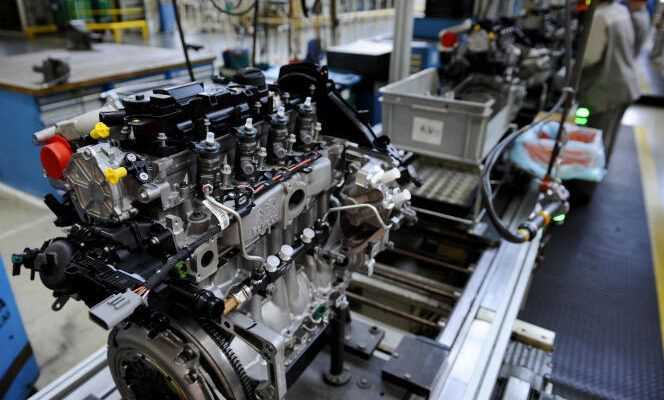We knew diesel sales were in bad shape, but in the first quarter the fall turned into a plunge. The proportion of new cars using this energy has fallen by almost a third in one year, from 33.2% to 24.4%. This tumble, which is occurring in a struggling automotive market, can be explained above all by the drop observed in sales of company cars.
After individuals, who are now only 13% to opt for a diesel, the disenchantment is now reaching the car fleets: 39%, against 51% a year earlier. A shift largely dictated by growing doubts concerning the resale value of these vehicles and the tax advantages (tax exemptions, depreciation facilities) granted to “electrified” models, which must, according to the mobility orientation law (LOM ), represent a growing share of service or company vehicles. Only utilities remain stubbornly loyal to diesel.
Diesel, even if it emits less CO2 and barely more particles than gasoline engines – they too are losing ground, but to a lesser extent – suffers from its emissions of nitrogen oxides (NOx). It also continues to suffer from its bad reputation born of the opprobrium aroused by the “Dieselgate”, triggered by cheating organized in particular by Volkswagen to disguise the reality of the environmental record of this engine. Particularly targeted by traffic ban measures in large cities – at 1er June, pre-2006 diesels will be banned from Greater Paris – this fuel will undoubtedly not be able to meet the future Euro 7 standard, expected in 2025.
15,000 jobs threatened, depending on the sector
Japanese brands and others, like Swedish Volvo, have already thrown in the towel. French manufacturers, who have always made diesel one of their strengths, are still granting it a reprieve. They are the last to offer this engine on board small vehicles (Clio and 208). However, the plan announced by Renault’s new managing director, Luca de Meo, only provides for the production of a single diesel engine in the long term, intended for commercial vehicles. As for Peugeot and Citroën, they will not go beyond 2025. The new Citroën C5X, expected in the coming months, will not have a diesel version.
While the unions are worried and the Automotive Platform (PFA), which brings together the industry, considers that the elimination of diesel threatens 15,000 jobs in France, the manufacturers are trying to calm things down. For now, they managed to market 100% electric and hybrid models, which rebalance the load plan of their factories, hastily converted to the production of electric motors.
You have 49.39% of this article to read. The rest is for subscribers only.
